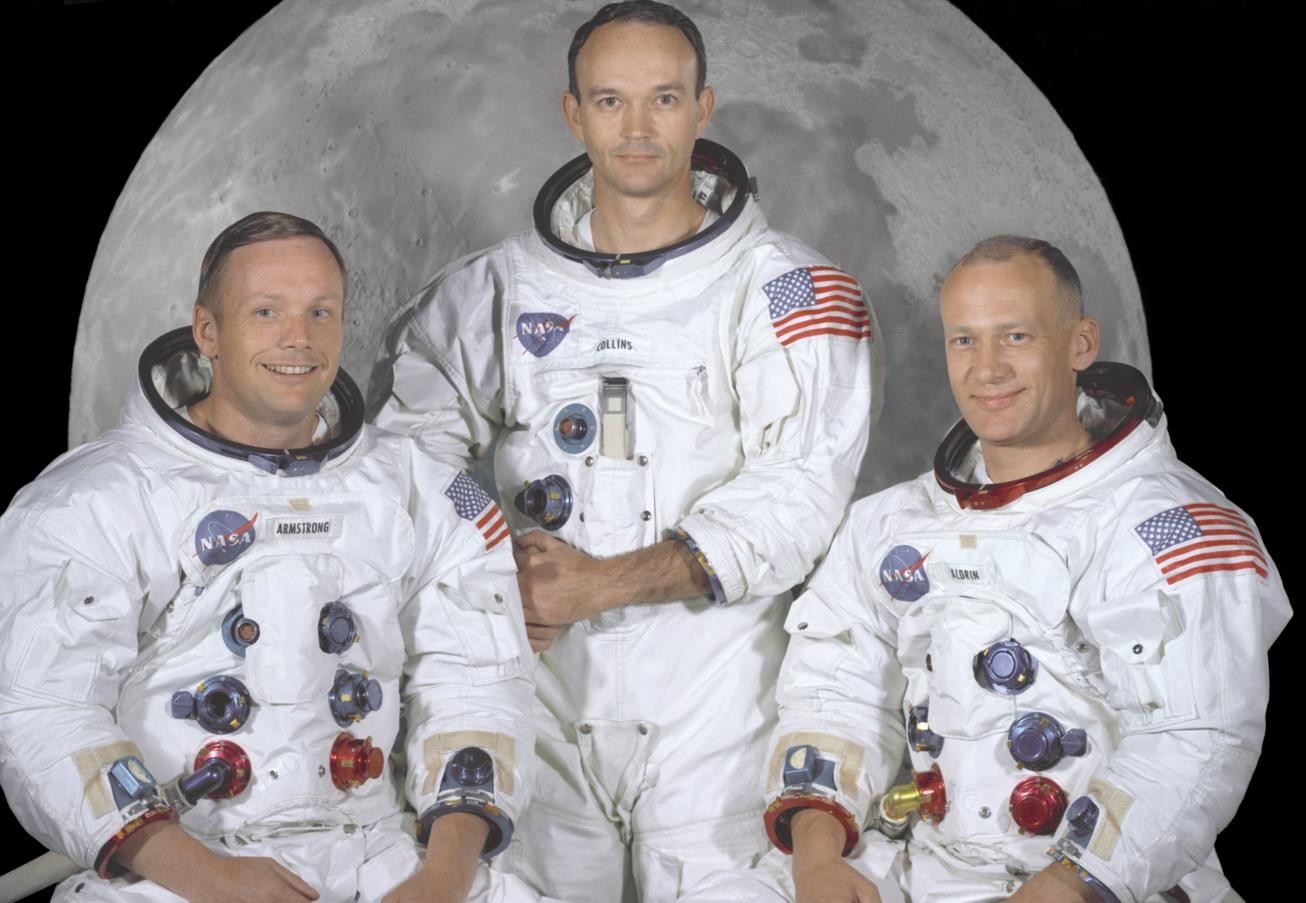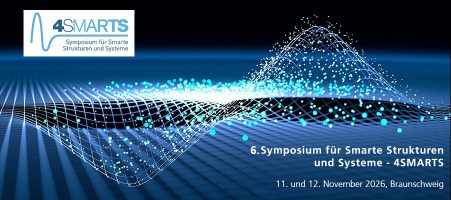
- This event has passed.
DLR Astro Seminar 2019: 50th anniversary of the Moon landing – and since (part 6)

Picture: NASA
Please note that all lectures of the 2019 Astroseminar are fully booked. Registration is no longer possible at this point. In case you wish to be waitlisted, please send an email to Rebecca.Bartkowski@dlr.de.
6. From the Moon to Mars – and beyond?
Humankind has been captivated by the Moon from the earliest days. It is used as a basis for calendars and provides light during full moons, and since time immemorial it has appeared an unattainable goal. But all this changed at the dawn of the space age. The orbiter Luna 3 managed to capture a first ‘rough’ view of the far side of the Moon in 1959. The sensation arrived in 1969, when two humans set foot on the Moon for the first time. Fifty years later, the Moon has once again become a destination for crewed missions. NASA intends to start building a space station in lunar orbit in 2020 (the Lunar Orbital Platform Gateway), and China plans to place astronauts and taikonauts on its surface from 2036 onwards. There are numerous projects for voyages to Mars in the period thereafter, although they would be technologically difficult and financially exorbitant due to the length of the mission and the distance from Earth, as well as presenting risks to the health of the astronauts. Missions to near-Earth asteroids are therefore being investigated as an interim solution. There are even plans to send crews to the icy moons of Jupiter and Saturn, although doing so would present even greater risks than those mentioned above. There are also ethical issues (for instance: planetary protection) associated with dispatching humans to places that may be home to lifeforms. All of these issues will need to be resolved.
Dr.-Ing. Christian Gritzner (born 1966) studied aviation and aerospace at TU Berlin from 1986 to 1992. He then completed a doctorate with a thesis on asteroid defence concepts in 1996. After a variety of positions within the industrial sector, in research and teaching, Dr Gritzner has been research fellow at the DLR Space Administration in Bonn-Oberkassel since 2005. Originally assigned to the Ariane 5 programme, in 2008 he moved to the Department of Extraterrestrial Physics, where he is responsible for the ESA missions JUICE, Herschel, Mars Express and others, as well as for the meteorological high-altitude research rockets. He has also been in charge of the Solar System Emissions sub-programme since 2016.
The event will be held at the Air Force Conference Centre, Wahn Air Force Base. Information on how to enter the Base complex and the parking facilities will be published ahead of the event on www.dlr.de.
For more information on the topic of the Astro Seminar, please contact Dr Manfred Gaida.
